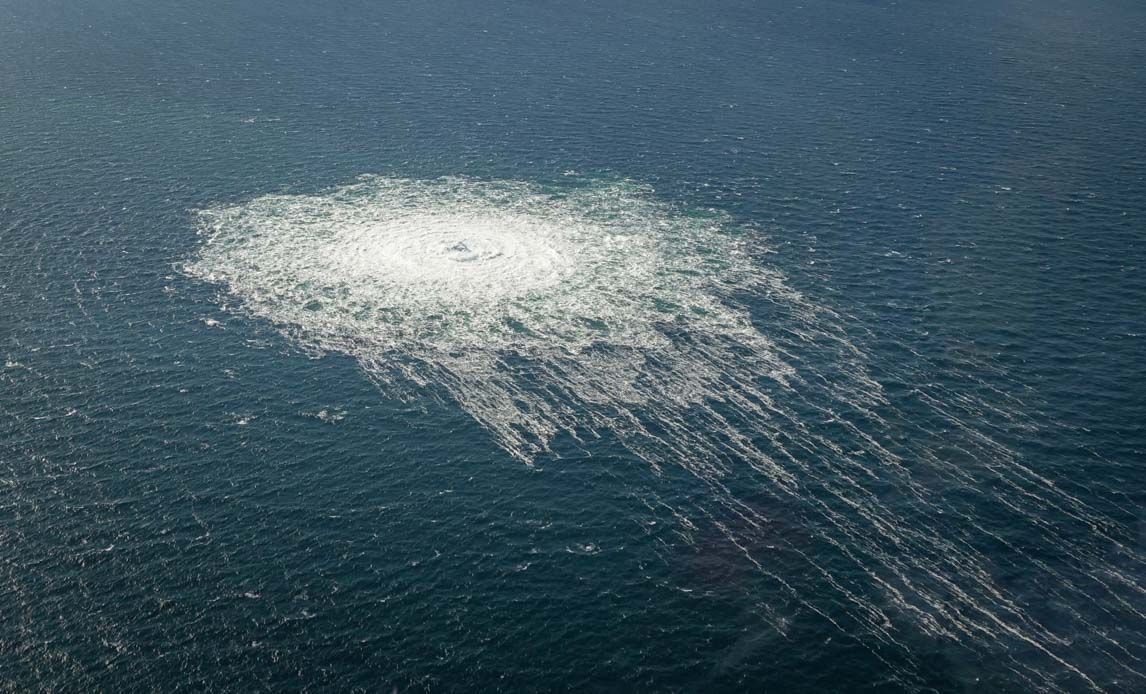According to the joint investigation group that has examined the gas pipeline leaks, it can now be confirmed that the extensive damage to Nord Stream 1 and 2 in Denmark’s exclusive economic zone was caused by powerful explosions, Copenhagen Police stated in a press release on Tuesday morning.
The police say it is too early to say when the investigation into the gas leaks, which also involves the PET intelligence agency and Danish Defence, will be fully completed.
International co-operation
The investigation group will continue to work closely with relevant authorities both in Denmark and abroad, including the Norwegian Armed Forces, which is assisting with the investigation of crime scenes in the Baltic Sea, the police confirm.
At present, the police cannot say what the collaboration with other countries will look like concretely. The international co-operation with, among others, Sweden and Germany, depends on several factors, including which authorities handle the case in those countries.
Deliberate actions
The leaks on the Nord Stream gas pipelines that run from Russia to Germany were reported on September 26. The Danish and Swedish authorities have since confirmed four leaks on the gas lines in total.
The Danish government shares the view that the explosions were deliberate actions.















